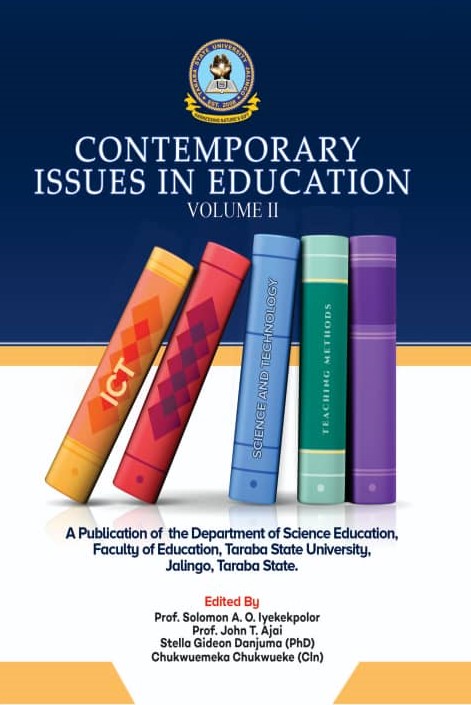Modern Learning Strategies in Education for Teaching Biology
Abstract
Modern learning strategies include new instructional techniques and approaches, intended to meet the changing demands of students in a world that is becoming more linked and complex and facilitate effective learning skills. These strategies focus on educational improvements, technology breakthroughs, and a heightened comprehension of human learning. Modern learning practices fundamentally seek to increase student engagement, encourage critical thinking, and equip students to face difficulties in the real world. They refer to educators' new approaches and techniques to facilitate effective learning skills. These strategies focus on learner agency, collaboration, and technology integration to create dynamic and elastic learning environments. They go beyond traditional lecture-based instruction, encircling various forms of engagement, which include:
• Active Learning: Encouraging students to participate in their learning process actively.
• Collaborative Learning: Fostering teamwork and peer interaction to enhance
understanding.
• Personalized Learning: Tailoring educational experiences to meet the diverse needs and
interests of individual students.
The significant Characteristics of Modern Learning Strategies include learner-centered approaches and technology integration. Modern strategies prioritize learners' needs, interests, and experiences, allowing them to take ownership of their educational journeys. The basic features here include learner-centered approaches, technology integration, flexibility, and a strong emphasis on skills development, such as critical thinking, problem-solving, and collaboration, to prepare students for modern life complexities.

